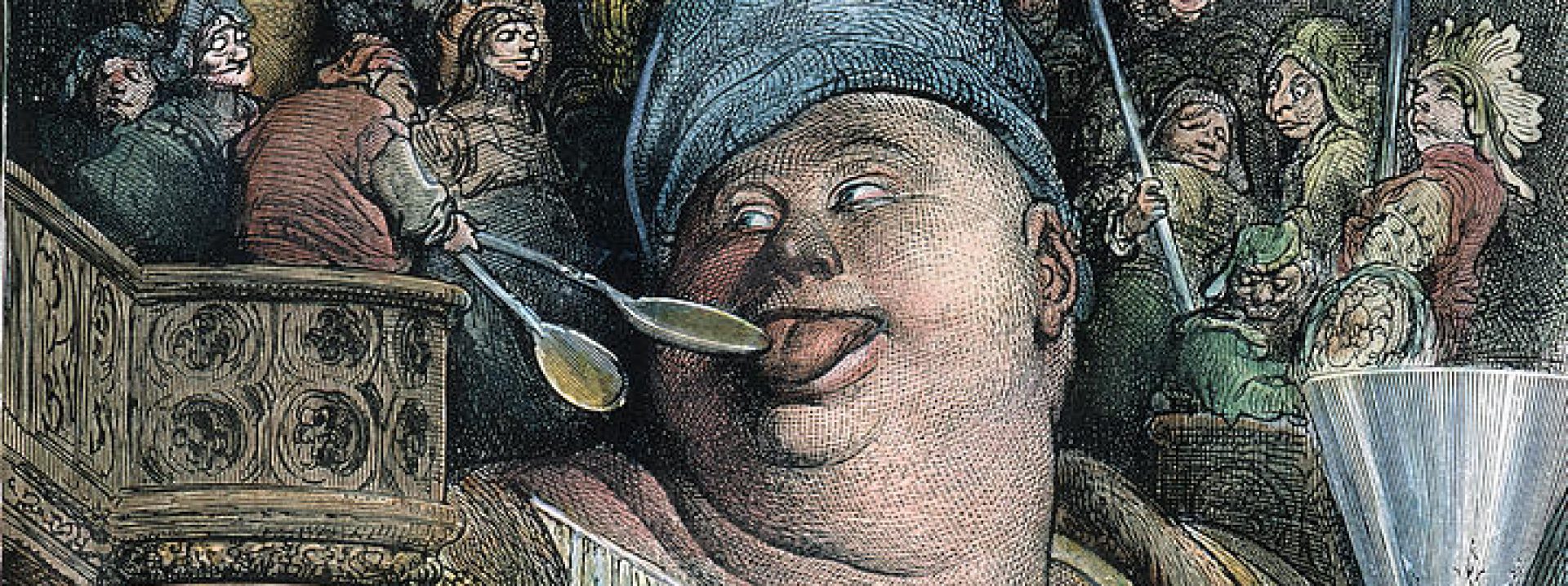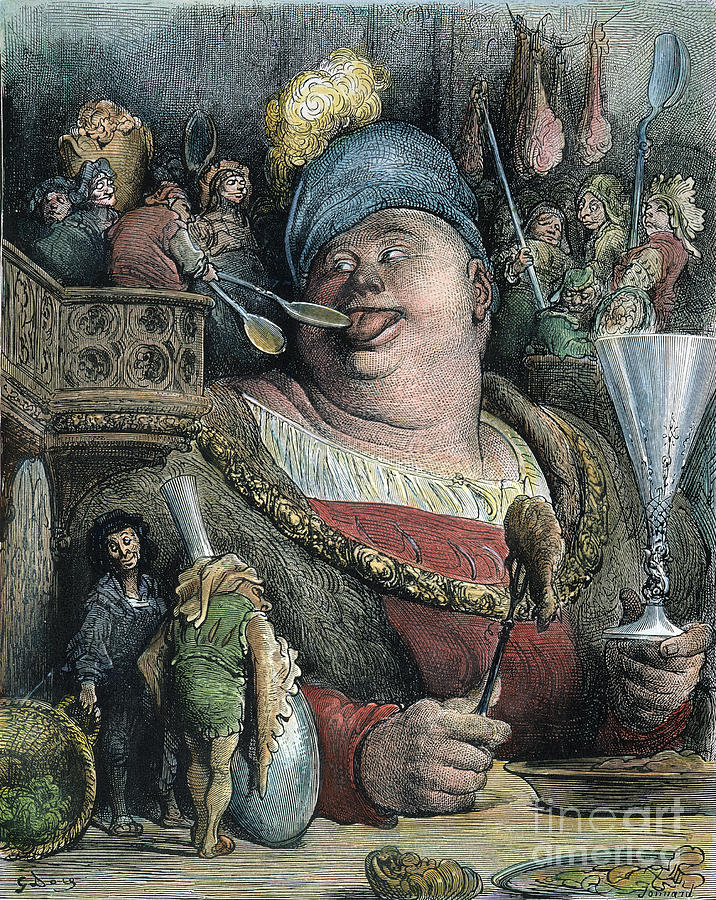Now it was about this time in Persephone’s journey that she reached a large, expansive garden in the palace. She gasped, looking over the multi-colored skyline against the darkness of the Underworld, and lifting her dress above her ankles, she gently stepped onto the dirt path paved in the middle of the garden.
All along the sides were tall trees, aged by the wrinkles in their trunks and their branches sagging, pregnant with the fruit they conceived without the thought of consequence (as any living thing can relate to), and now they were weary with regret and the weight of heavy offspring dragging their fingers towards the virile grass. Flowers of all kinds and colors danced in the favorable breeze that flowed through the grass and tickled Persephone’s feet. She giggled, jumping back against the dirt and began a slow wandering.
Looking around, Persephone tried to imagine how this world of life could exist in the land of the dead. She also tried to imagine the exact number of arbor and flora, but 134,837 seemed so distant in her mind at the time. Out of the stories she was told as a child, all of them failed to mention this garden: they focused on the sad king whose skin drooped with the age of thousands of souls and the doors that kept him from the reality of his kingdom. Yet here was this garden, ripe with the fruit of new life in the midst of decay. It was a sight even more refreshing than a handsome children’s park built within a mile of a nuclear powerplant, and the air even better.
Fruit was scattered along the path, rolling past her like leaves in the autumn winds. They seemed to race faster than the rays of light overcoming the night sky, and much like standing in the middle of a vigorous crowd of woman chasing after the vehicle of their beloved idol, the the vast amount would have taken Persephone out if she had not clung to the trunk of a nearby tree. Her small body swung like a pair of undergarments waving in the wind, fighting to hang onto the rough skin of the trunk while the avalanche of fruit sought to push her backwards. When the stampede of fruit ended, Persephone jumped back down on the path. Before she could take another step, a small, round fruit rolled against her foot.
She had never seen such a fruit, vibrant in its hues of burgundy and plump in its form. Persephone, hesitating, bent down and took the fruit in her hand, and it was situated perfectly in her petite hand. She attempted to squeeze the fruit to see what its nature was, but its firmness betrayed her and did not budge; she tossed it in the air, and when it landed, she was shocked by the weight its small figure. It was in many ways an edible baseball, but with a much more fun surprise inside.
Curious as to how she might consume the fruit, Persephone first tried to conservatively peel back the skin, and when that failed, more aggressively she used the back of her hand to force open the tough skin. Yet this again did not work, so in anger she dashed the brains of the fruit against a tree and that seemed to work just fine. What she found inside the tough skin were many seeds, all a darker burgundy than the skin of the fruit. It was in that moment that an intense hunger came over Persephone, and she was overcome with a strange desire to consume the seeds.
Like a thief entering the private drawers of an unsuspecting victim, Persephone gently lifted a seed from the fruit and placed it on her tongue. It was bitter, yet she chewed it and swallowed the fruit, immediately feeling the urge to continue eating. And that is what she did, eating every last seed in the strange fruit, working her way down the path to crack open any other one she saw to taste the bitterness of the seeds. Each seed she ingested slid down her throat and into her belly, sitting in her as though she were the scale Zeus used to weigh the life of warriors. Before she knew it, her once petite body felt heavy with the weight of the fruit, her stomach rounding out just like the pomegranate. Persephone was teeming, stretching the fabric of her well-made dress at the seams. She was stained by the pigment of the pomegranate, its red juices dyeing her clothes and her fingertips, and her body now resembled the fruit which she could not stop consuming.
“Oh my!” she exclaimed. “Perhaps it is true what they say: you are what you eat!”
Persephone brought herself to the end of the path where there was a wooden picnic table and a bench overlooking the garden. She sat down, feeling unwell in light of her unfortunate situation.

In this piece, I tried to incorporate some of the techniques of Rabelais in writing a narrative on the myth of Persephone. While the storyline is familiar in the way that Persephone eats the seeds from the pomegranate, I wanted to emphasize the carnivalesque nature of what a garden would look like in the world of the dead. The juxtaposition seemed like a version of Carnival vs Lent, with Carnival being represented as the lively garden among the ever-threatening reminder of the Underworld as Lent. I think that my work definitely falls to the side of the carnivalesque rather than the grotesque, and that was in part my intention. While Rabelais likes to describe grotesque bodies, I think that what makes his grotesque so effective in the ways in which he employs them in a carnivalesque atmosphere. From my appetizer on horror, we concluded that part of what makes grotesque effective is the atmosphere, and I wanted to spend most of my words setting up this environment. It is strange because I found Persephone and her own body playing less of a role in my narrative: I wanted her more to reflect the carnivalesque nature of her surroundings (i.e. the abundance of growth in the land of the dead) and blend into her environment through eating and interactions with the garden. Persephone became a product of the grotesque nature, in a world much like that of Alice in Wonderland. Rather than Pantagruel who seems to create his grotesque world, Persephone merges with it, having as much acceptance of life at the moment as Pantagruel does in his narrative.


This is a super compelling story! As you might have seen from my essay, I’m really interested in how the underworld can play a role in the Carnivalesque, and the juxtaposition you use here when describing the garden adds a new layer to this. Additionally, although you did say that your work was mainly focusing on the Carnivalesque, it creates a perfect environment for the Grotesque elements to work as well. I feel like I can imagine Persephone’s body swelling as she eats the pomegranates, but it wasn’t at all scary because of the environment that you set up. I really enjoyed reading this, and I think Bakhtin would be proud of your allusions and vivid descriptions (especially when comparing nature to the body and vice versa)!
This story is so cool! As I was reading I felt so attached to the story and immersed in Persephone’s consumption of the pomegranates. There’s definitely something carnivalesque about this piece, and I think that the atmosphere lends it self well to the grotesque nature of her transformation. The “you are East you eat “ line was also humorous and added to the carnivalesque feeling of the story. I also found the descriptions of her eating and fascination to be really vivid and true to Bakhtin.
I really liked this story! I think the myth of Persephone was the first Greek myth I learned, or at least the first I cared enough to remember, so I’ve always felt an attachment to it and really liked this interpretation. I was also impressed that you were able to create a Carnivalesque atmosphere over a story that I already have such vivid opinions about.